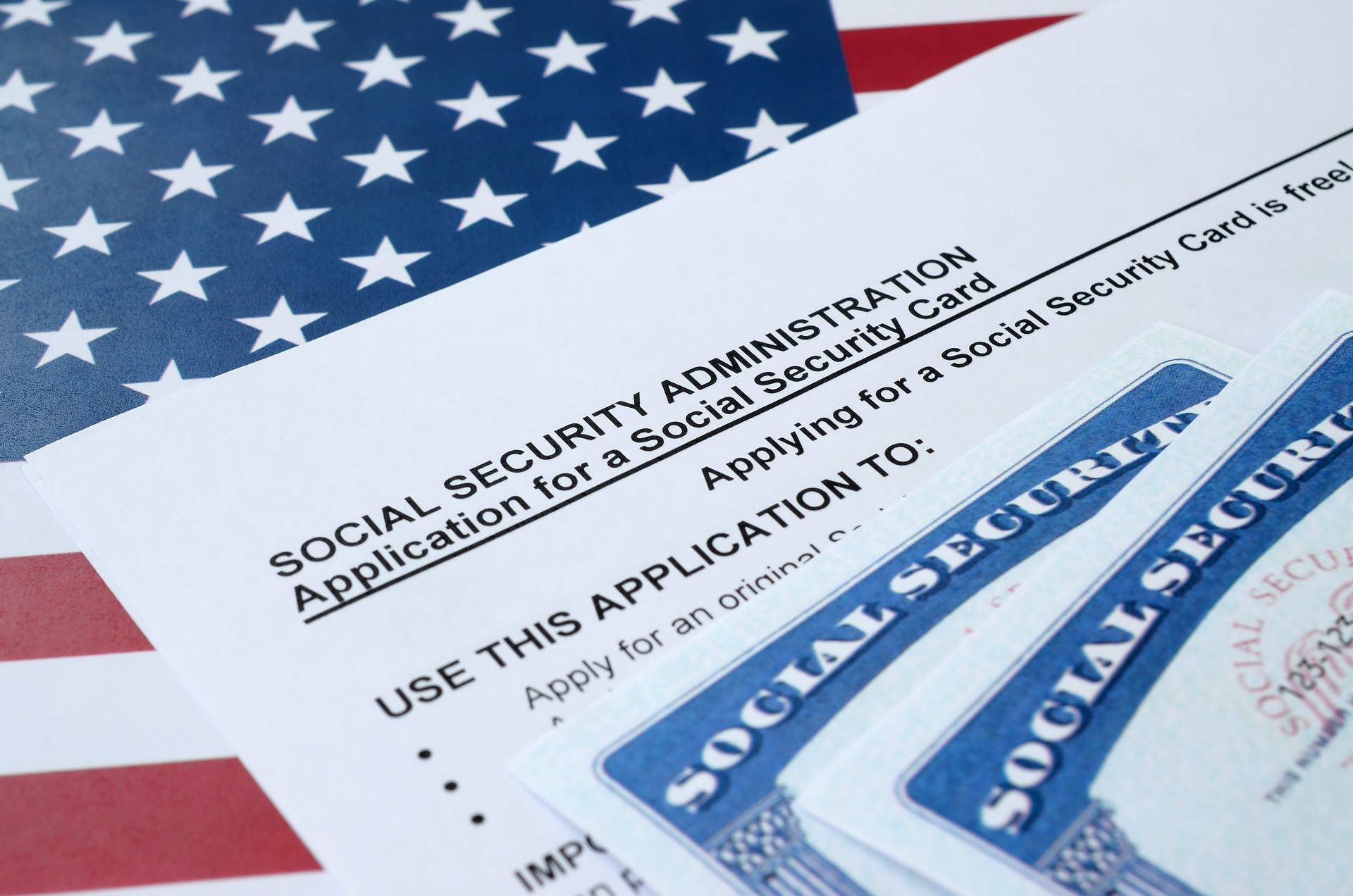
Top Tax Deductions for Digital Nomads
Picture this: you just enjoyed a productive day working from the comfort of a cozy café in Buenos Aires. You're a digital nomad, enjoying the freedom of working from anywhere in the world. You've filed all your taxes for the year, or so you thought. It turns out, you forgot about one form that the IRS is particularly keen on – the Foreign Bank and Financial Accounts (FBAR) form. Oops.
What This Tax Concept Actually Is (and Isn’t)
The FBAR is a report of foreign bank accounts you hold and is highly relevant for digital nomads, freelancers, and expats. If you have a financial interest in or signature authority over at least one financial account located outside of the United States and the aggregate value of those foreign financial accounts exceeded $10,000 at any point during the calendar year, you must file an FBAR.
However, it’s crucial to note that the FBAR is not your tax return. It doesn’t replace your obligation to report your worldwide income on your U.S. tax return. The IRS is interested in your foreign accounts, sure, but they're more interested in the income you're generating. And that, dear reader, is what you definitely should not forget to file.
What to Do About It
The first step is to stop panicking. Mistakes happen, especially in the chaotic world of taxes. The next step is to get organized. Gather all the necessary information about your foreign financial accounts: bank name, address, account number, and the maximum value of each account during the year.
Once you have all this information, file your FBAR electronically through the Financial Crimes Enforcement Network's (FinCEN) BSA E-Filing System. Remember, the deadline for filing the FBAR is the same as for a federal income tax return, which means you need to have it filed by April 15. However, if you miss this deadline, the IRS provides an automatic extension to October 15.
Common Mistakes
Remember our universal freelancer friend who uses Venmo for client payments and forgets about FBAR? Well, they're not alone. One of the common mistakes freelancers, digital nomads, and expats make is not realizing that online payment platforms like PayPal or Venmo are classified as foreign financial accounts by the IRS.
Another blunder is underestimating the $10,000 threshold. Many think this refers to the account balance at the end of the year. But no, it refers to any point during the year. If your foreign accounts exceeded $10,000 for a single day, you have to file an FBAR.
Take for instance a client who had six Stripe accounts and no idea he was triggering a filing threshold. He thought as long as each account was under $10,000, he was off the hook. But the IRS looks at the aggregate total of all foreign accounts. His $60,000 spread across six accounts? Definitely FBAR territory.
Resources or Strategies That Actually Help
The IRS website is a good starting point for understanding your tax obligations as a U.S. citizen living abroad. They have a section dedicated to international taxpayers filled with helpful information.
Consider using a tax software designed for U.S. citizens abroad, like TurboTax or H&R Block. They automate the process, making it easier to stay compliant with U.S. tax laws while living and working abroad.
Lastly, consider hiring a tax professional specializing in expat tax issues. They can provide personalized advice tailored to your situation. Remember, tax law is complicated, and there's no shame in seeking help.
Overthinking this?
You're not alone. It seems overwhelming, but with careful organization and a proactive approach, you can manage your U.S. tax obligations, even from a café in Buenos Aires. If you're unsure which forms apply to your situation or simply want a professional to make sense of it all, Taxspectra is here to help untangle the tax chaos. Let's get started.
Stay Ahead of Tax Season
Join the EdgeLetter our monthly newsletter with quick tax tips, expat deadlines, and freelancer reminders.
.png)
.png)


























.png)